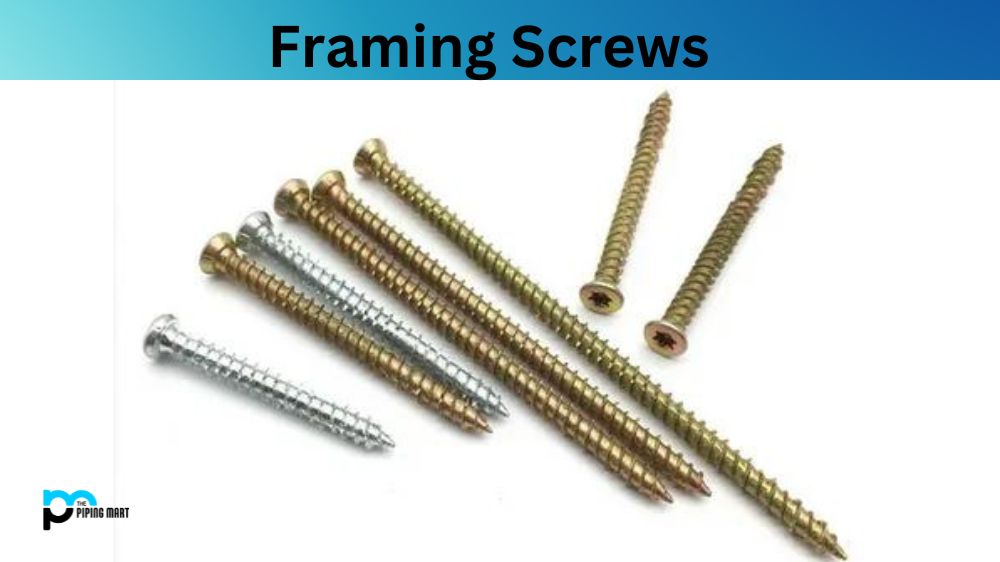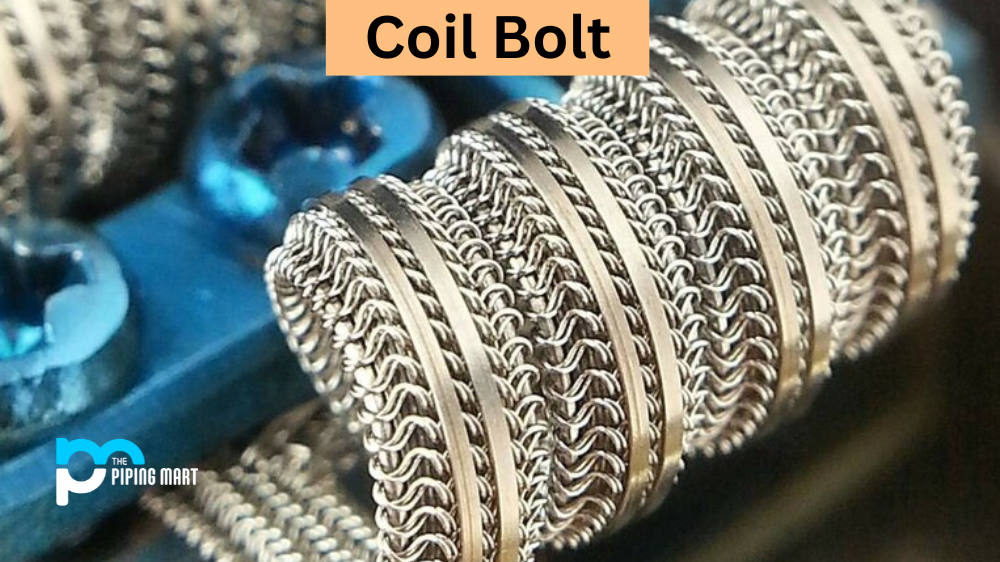Fasteners are essential components used to join or secure two or more objects together. They come in various shapes and sizes, each designed for specific applications. In the construction industry, fasteners play a crucial role in ensuring structural integrity and durability. This article explores different types of fasteners, their uses, and their significance in various applications, with a special focus on their relationship with geotextile materials.
What are the different types of fasteners used in construction?
In construction, common types of fasteners include bolts, screws, nuts, washers, nails, and rivets. Bolts and nuts are used for heavy-duty connections, screws are ideal for securing materials tightly, washers distribute load and reduce wear, nails are commonly used for framing, and rivets are used for permanent joins. Each type serves a specific purpose and is selected based on the requirements of the project.

How do fasteners contribute to structural integrity in construction?
Fasteners contribute to structural integrity by providing secure connections between different building components. For instance, bolts and screws ensure that structural elements like beams and columns are tightly joined, which helps in maintaining the stability of the structure. Properly selected and installed fasteners help in distributing loads evenly, preventing failures and enhancing the overall strength of the construction.
What role do fasteners play when used with geotextile materials?
When used with geotextile materials, fasteners are critical for ensuring proper installation and performance. Geotextiles are used in various civil engineering applications, such as soil stabilization and erosion control. Fasteners help secure geotextiles in place, preventing movement and ensuring they function as intended. This is particularly important in applications like road construction and embankment stabilization where geotextiles work to reinforce soil and improve drainage.
How do you choose the right fastener for a specific application?
Selecting the right fastener involves considering factors such as the materials being joined, the load requirements, and environmental conditions. For example, stainless steel fasteners are preferred in corrosive environments, while high-strength bolts are used for heavy-load applications. It’s also important to match the fastener type with the specific requirements of the project, such as choosing the appropriate length, diameter, and thread type.
Fasteners are indispensable in construction and engineering, providing essential connections between components. Understanding the different types of fasteners and their applications is crucial for ensuring the stability and durability of structures. When used with geotextile materials, fasteners play a vital role in maintaining the performance and effectiveness of these materials in soil stabilization and erosion control. Proper selection and application of fasteners contribute significantly to the success of any construction project.
Tags: camo fasteners problems, hardie board fasteners, marine fasteners, storeroom fasteners, trex decking width with hidden fasteners